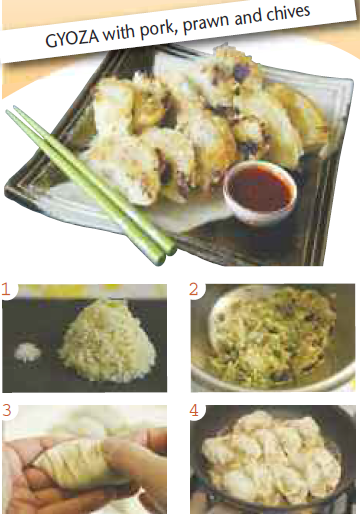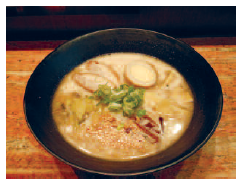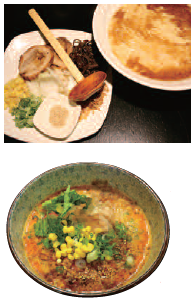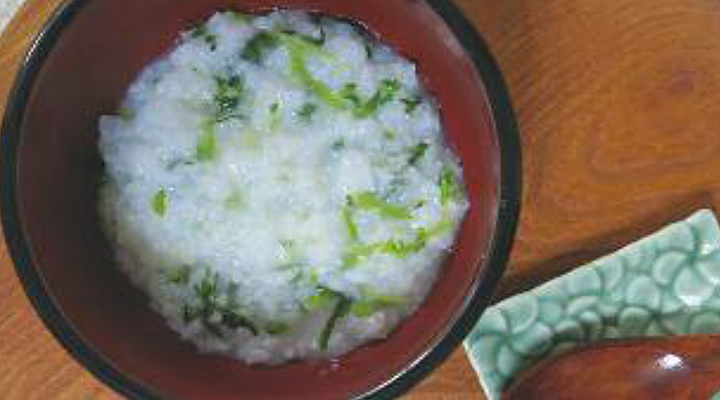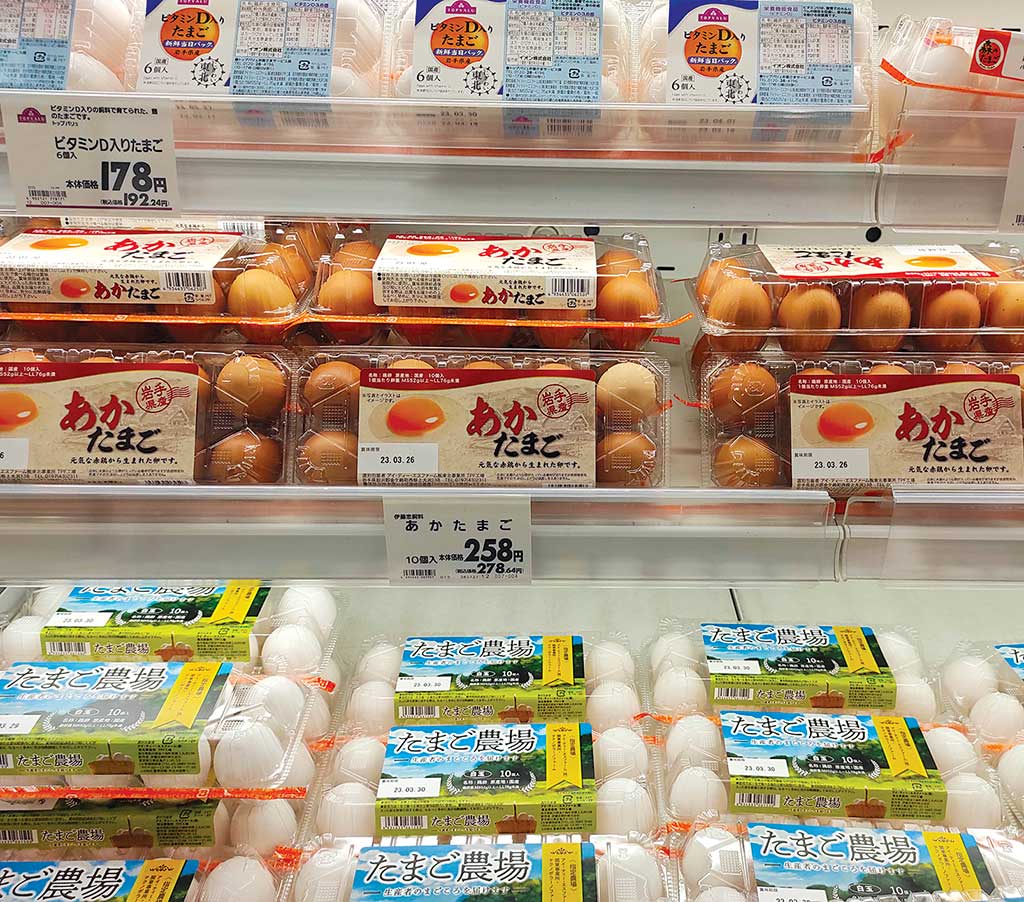

Japan is experiencing a shortage of eggs and an increase in their price. It is enough to put people in a spin.
Food self-sufficiency is a very difficult goal to attain. Last year, the UK experienced shortages of numerous products such as mustard and wheat as a result of the war in Ukraine. In Japan, it is eggs that have been missing over the past few months. Many restaurant chains have even had to withdraw items containing eggs from their menus. In some supermarkets shelves remain empty, and in places where eggs can be found, prices have doubled since last year. There are many reasons for this: the first, and most important, is bird flu, which admittedly regularly causes problems in Europe but which this year forced Japanese poultry farmers to cull almost fourteen million birds, or ten per cent of laying hens. If you add to that the price of maize, essential for feeding chickens and which has soared due to the war in Ukraine (around double the price two or three years ago), this increase is inevitably reflected in the price of eggs.
Japan is a very big consumer of eggs (second country in the world, after Mexico, with 340 eggs per person per year), and this shortage has not only had an impact on households but also on restaurants, school canteens and the agrofood companies. As products made with eggs are numerous: mayonnaise, biscuits, ice cream, pastries, fish cakes, some industrially made sausages and ham, batter for frying… if it continues, not only will the egg shortage get worse but so will the much wider consequences.
The music is only one of the many things that make Kogane-yu different. For one thing, the typical sento’s old, musty image gives way to an exposed concrete structure and an open-plan lobby in the middle of which, like an island, stands a front desk that seems more fitting for a bar. My first impression is actually not far from the truth because the guy behind the counter both serves drinks (Kogane-yu’s original craft beer and homemade non-alcoholic drinks) and mans the DJ booth.
Nevertheless, it is important to remember that the price of eggs has remained affordable in Japan compared to other countries (in March 2023, 10 eggs cost about £1.60 in Japan). So that eggs continue to be “cost-of-living leaders” as we say in Japan, a state subsidy is granted to poultry farmers. But it is important not to forget that such attractive prices are only possible thanks to high productivity. Thus, more than 99% of egg-layers are raised in cages (with no windows, 126 per square metre, four or five cages stacked on top of each other), conditions that are far from ideal for avoiding outbreaks of bird flu.
To fill the gap, companies are importing powdered or liquid eggs. But last year Taiwan suffered a similar shortage, as did South Korea five years ago. So imports might no longer be sufficient to deal with such problems in the future.
The present shortage could be an opportunity for Japanese consumers to reflect on the real reasons behind the low price of eggs in their country, and realise that in fact Japan is way behind in matters of animal welfare. In consequence, patterns of consumption could start to change, but, unfortunately, the reality behind the crisis has not yet attracted their attention.
Sekiguchi Ryoko


